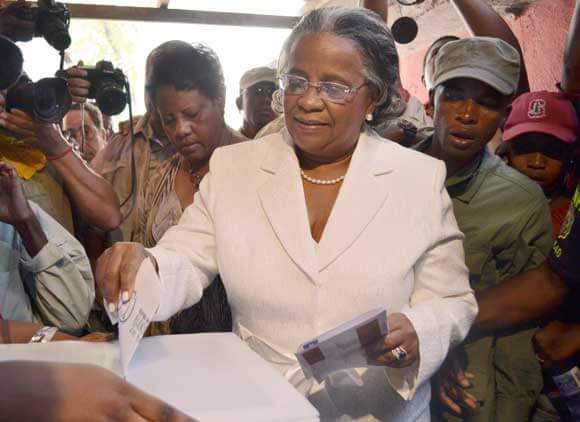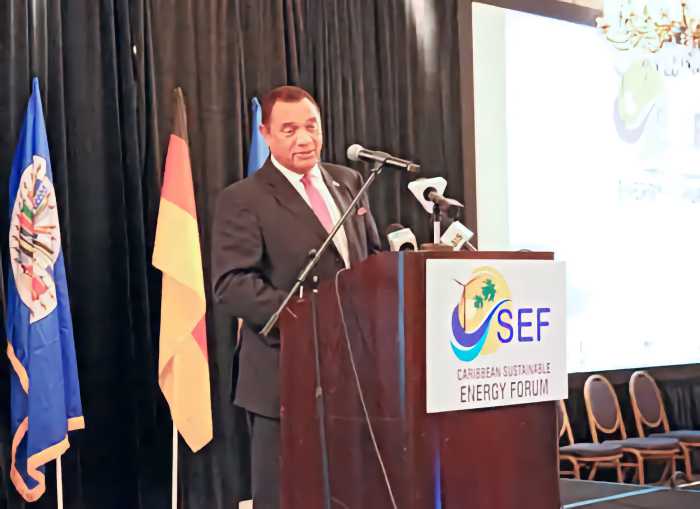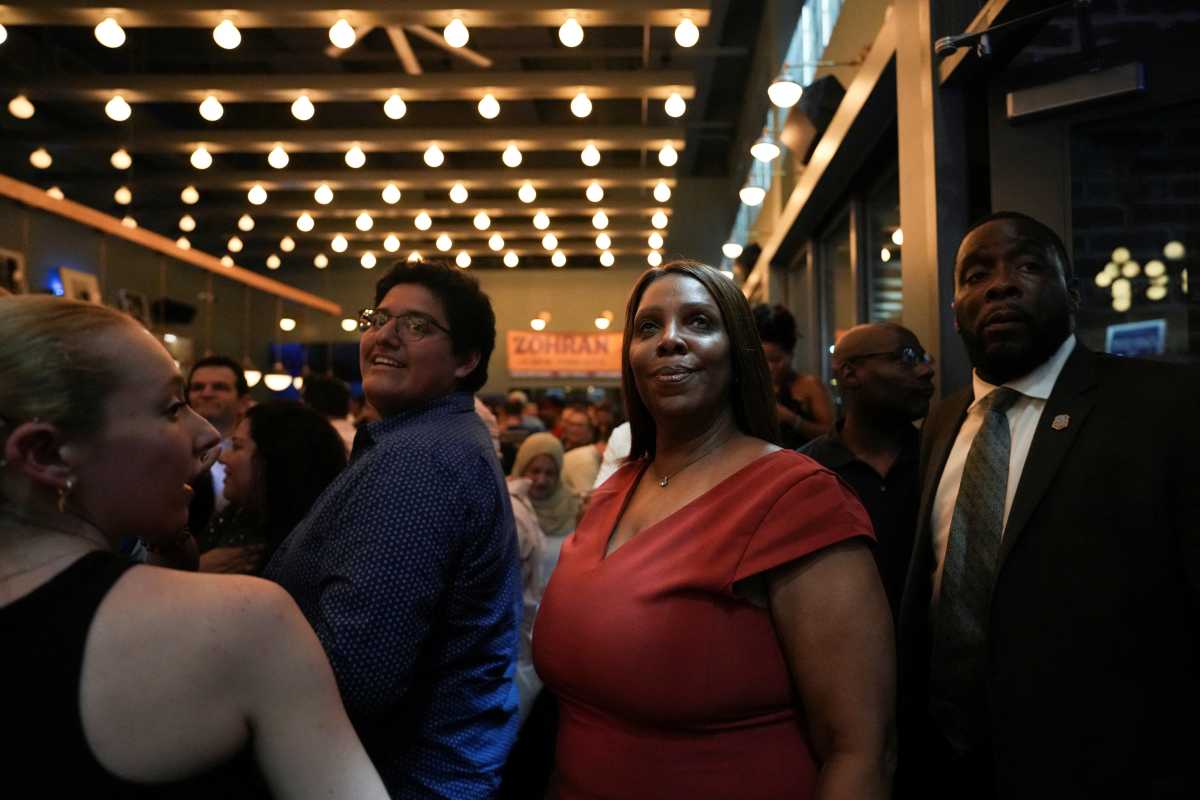After Sunday’s presidential run-off elections, Haitians must now wait until March 31 to know the victor in the preliminary results.
Haitian electoral officials, however, said the final results will not be known until April 16.
Sunday’s presidential runoff, which took place four months after a disastrous first round that saw widespread violence and contested results, was marked by missing ballots, late starts and relative calm.
Observers say in some places, there were no ballots; in others, only dry ink to mark a voter’s finger; while in many more, disenfranchised voters were turned away from polls.
But despite the irregularities, authorities said the day went smoothly, without the widespread fraud that marred November’s elections.
“Democracy is on the brink of winning a big victory in our country,” Gaillot Dorsinville, the head of the Provisional Electoral Council, told reporters.
The second round run-off elections pitted popular musician Michel “Sweet Micky” Martelly, 50, against former first lady Mirlande Manigat, 70.
Martelly is the dark horse candidate, who enjoys the support of the nation’s youth, weary of the country’s old political guard.
The winner will replace René Préval, Haiti’s first democratically-elected president to finish two terms without being toppled.
The elections took place two days after the return of former president Jean-Bertrand Aristide, who showed up, to a raucous welcome, after seven years of exile in South Africa.
Many had wondered whether Aristide’s supporters would sit out the election, depressing turnout and throwing doubt on the legitimacy of the victor.
Beloved by the poor but accused of corruption and violent suppression of opponents while in office, Aristide denounced the exclusion of his political party from the race when he arrived on Friday at the airport in capital, Port-au-Prince. He has not made any other public statements.
In at least one polling station in an Aristide stronghold, many voters showed up.
Eder Joseph, 27, a passionate Aristide supporter, told reporters he voted anyway because he was tired of living in a tent camp since the Jan. 12 earthquake last year destroyed his home and displaced him along with more than a million others.
“We have to change the future of this country,” he said.
Charlemagne Achille, 25, who was unable to vote in November because he could not find his name on the electoral list, said Martelly represents the change Haiti needs.
“I want this country to move forward,” he said. “We can’t afford to plunge deeper into misery.”
Police said at least one person was killed in Marchand Dessalines in the Artibonite Valley, where rival political party supporters shot at each other.
Claiming that hip hop star Wyclef Jean had refused to meet with investigators, police said they were still trying to make sense of a report that he had been shot in the hand on election eve.
Seventy-four voting centers, out of 1,500, including the four largest in Port-au-Prince, were affected by logistical problems and missing material, the Organization of American States observer mission said. Voting in the capital was extended one hour to make up for time lost.
However, Colin Granderson, head of Organization of American States (OAS)/Caribbean Community (CARICOM) observer mission, said the second round was “much improved’’ from the first.
“The atmosphere was calm, and people seem relaxed,’’ he said.
Kenneth H. Merten, the U.S. ambassador in Port-au-Prince, agreed.
“Overall, [the election] was pretty good,” he said. “If the counting goes as well as the voting appears to have gone, we should be in a good place.”





















